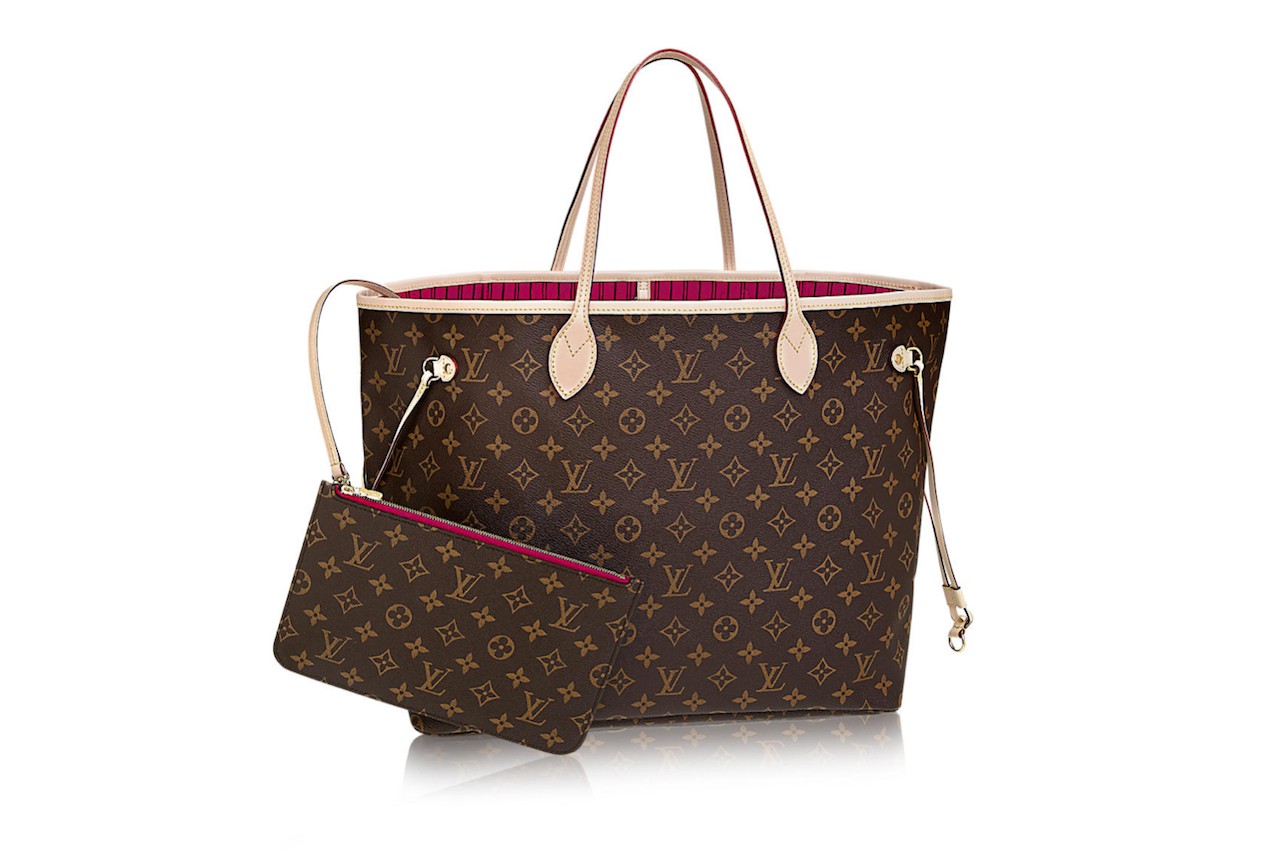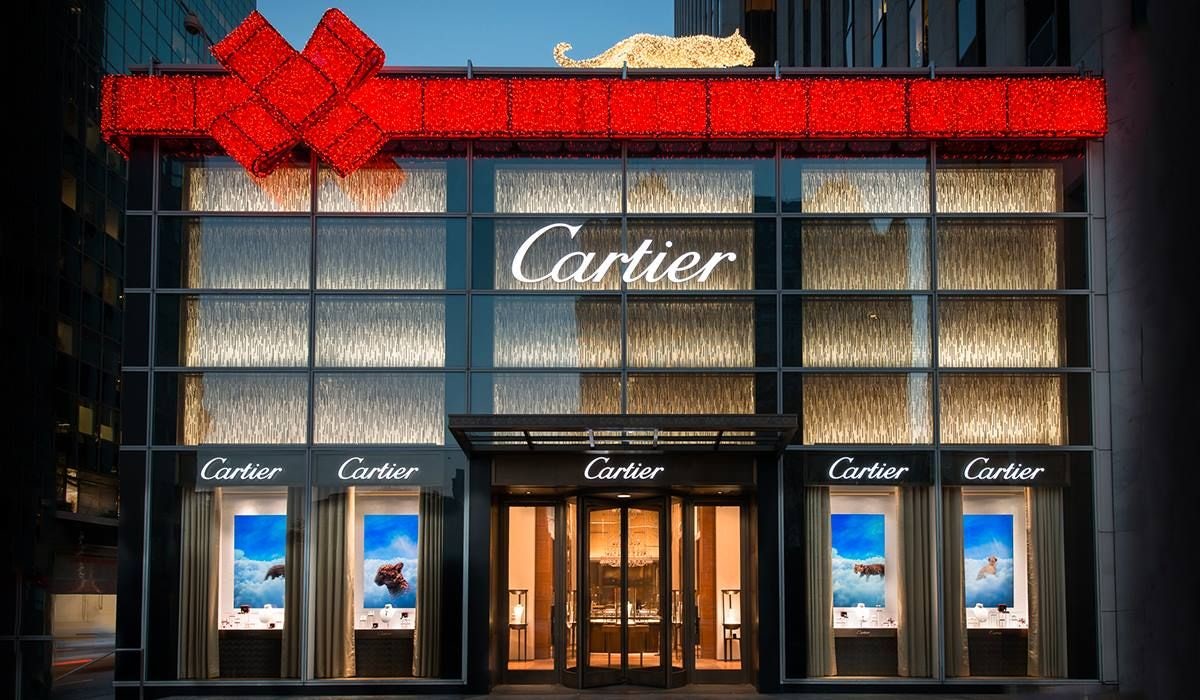Louis Vuitton launched its official online store in China on Thursday, offering a full range of luxury products: handbags, shoes, ready-to wear, perfume and jewels to Chinese shoppers in a few clicks.
The company remained low-key about its latest embrace of e-commerce. It quietly added the feature to its official Chinese website (which has been around since the late 1990s), without making any public announcements, not even a mention on social media like Weibo or WeChat.
An insider source told Jing Daily, that Louis Vuitton’s Chinese e-commerce platform had a soft launch since it is still in the testing stage. Once they have finished trouble-shooting, there will be an official announcement from the brand. We reached out to Louis Vuitton’s New York office to confirm this detail but had not heard back by the time of publication.
Upon opening its official Chinese site, the front page is still the full-screen poster for its new smartwatch Tambour Horizon, which it just released to some fanfare last week. Scrolling down, customers will see that part of the page is devoted to a banner for Louis Vuitton’s official online flagship store and a call to action to “instantly open a shopping trip.” Click on the call to action and you’re taken to a page filled with Louis Vuitton’s popular Neverfull, Alma and Speedy style handbags for women.
Consumers can make payment via UnionPay, Alipay and WeChat pay, and 12 cities can buy via this new e-commerce channel, including Beijing, Shanghai, Chongqing, Guangzhou and other major cities, according to WWD. They will open the site to more cities at a later date.
Louis Vuitton is the latest to join the small club of brands who offer online shopping, which has been handled with extreme caution thus far by luxury brands. Although consumers are increasingly getting digital, luxury brands are still suspicious about selling online. It’s impossible to provide the same service and experience as in brick-and-mortar stores, and being too transparent might not benefit a brand’s image.
According to a 2016 report by Boston Consulting Group, e-commerce only accounted for seven percent of the personal luxury market, but would grow to 12 percent by 2020. Six out of 10 luxury brands were already digitally influenced. Digital is an “inevitable, inescapable business shift,” according to the report.
Indeed, more luxury companies are embracing the trend. Gucci launched its online store in early July and Prada is said to being preparing to do the same very soon, according to the local fashion portal Ladymax.cn. Burberry, which has its own online store as well as a platform on Tmall, reported better-than-expected quarterly results last week, attributing its success to digital innovations in the China market, especially e-commerce and Wechat.
LVMH launched 24 Sèvres, a multi-brand luxury e-commerce site, last month. It sells 20 LVMH brands including Louis Vuitton, Dior and Fendi, as well as non-LVMH brands such as Prada and Maison Margiela. The platform is available in over 70 countries (China not included) on websites and as an App.
Before setting up the online store in China, Louis Vuitton offered some online services. It displayed some products and allowed customers to place orders via phone calls.
On the flip side, since last year, Louis Vuitton has been closing its stores in second and third tier cities. At least eight stores in Taiyuan, Tianjin, Suzhou and a few other cities were shut down.
Consumers have had mixed feelings about the news. Under the announcement of the news on Ladymax’s WeChat account, many consumers shared their thoughts.
“The most gratifying aspect of buying luxury is gone,” wrote one commenter. “The ritual of buying luxury in store will be missed.”
“I still think the official website is more trustworthy than a third-party site like Tmall, but the pricing difference between LV Europe and China is huge," wrote another WeChat user. "If LV doesn’t adjust pricing, most people will still buy via personal shopper or take a trip to Europe.”



